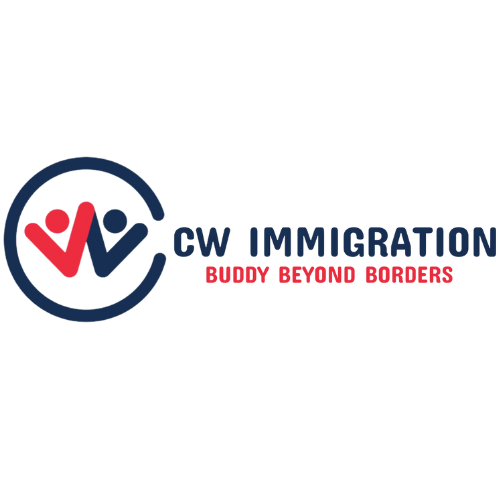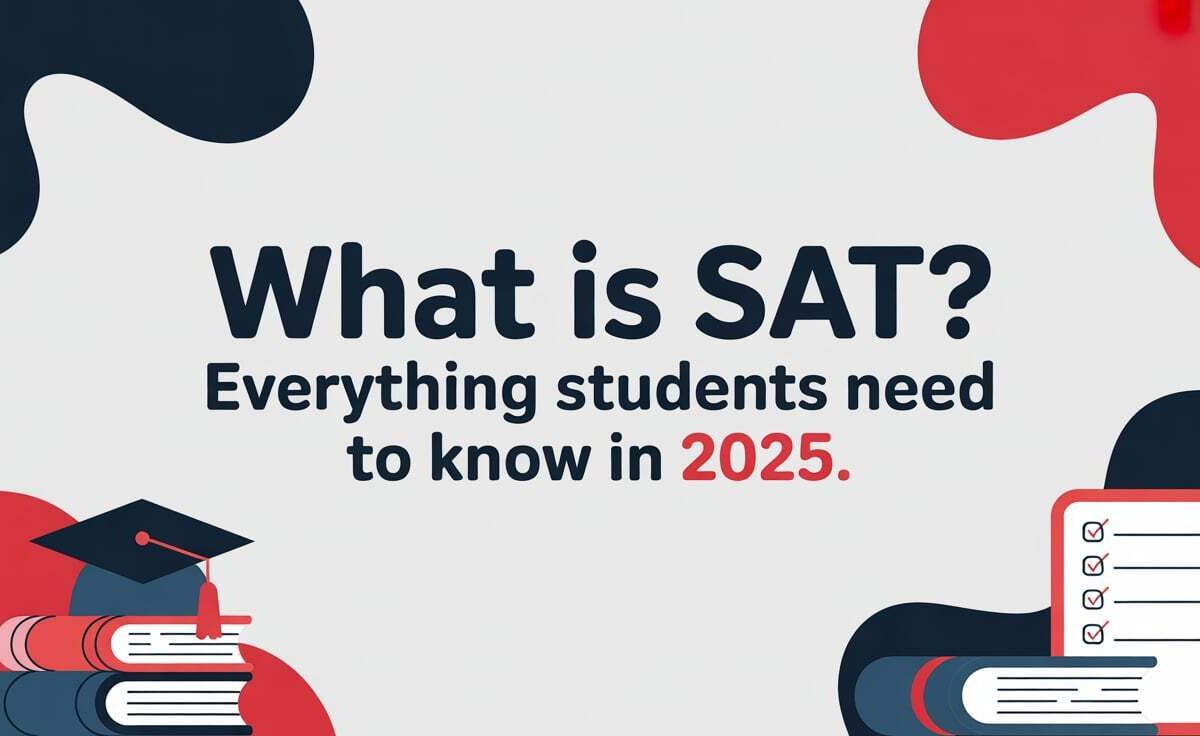Introduction
For students planning to study abroad, the SAT has long been one of the most important stepping stones toward university admissions. Whether you are aiming for top colleges in the United States or seeking scholarships, your SAT score often plays a big role. In 2025, with the test now fully digital, the SAT remains just as crucial as ever. For students in Singapore and across Asia, preparing for this exam has become part of the academic journey, especially for those who aspire to join highly competitive institutions.
This guide will walk you through everything you need to know about the SAT in 2025—its structure, importance, preparation strategies, and why it continues to matter globally.
What is the SAT?
The SAT, which stands for Scholastic Assessment Test, is a standardised exam designed to evaluate a student’s readiness for college-level work. Universities, especially in the U.S., use SAT scores alongside school grades, recommendation letters, and extracurricular achievements to assess applicants.
More than just an entry ticket, the SAT also opens doors to scholarships, merit-based financial aid, and honours programs at many institutions. A good score can set students apart, especially in competitive admissions pools.
A Brief History and Evolution of the SAT
The SAT dates back to the 1920s, originally developed as an aptitude test. Over time, it evolved into a reasoning test and then into today’s evidence-based format.
The biggest shift came recently with the transition to the Digital SAT. Starting in 2023, the College Board began rolling out computer-based testing, and by 2025, the SAT is fully digital worldwide.
Why the shift?
- Digital testing shortens the exam to about 2 hours and 14 minutes instead of nearly 4.
- It offers adaptive testing, meaning questions adjust in difficulty based on performance.
- Results are delivered faster, typically within days instead of weeks.
This change was welcomed by many students who found the old paper-based exam lengthy and stressful.
SAT Exam Structure in 2025
The SAT now has two main sections:
- Evidence-Based Reading & Writing (ERBW)
- Focuses on grammar, sentence structure, vocabulary in context, and reading comprehension.
- Passages may cover literature, history, social science, and science topics.
- Math
- Divided into calculator and no-calculator portions.
- Covers algebra, problem-solving, data analysis, geometry, and trigonometry.
Key details:
- Duration: ~2 hours 14 minutes.
- Scoring: 400–1600 scale.
- Question Types: Multiple-choice and grid-in (student-produced responses).
- Breaks: Short, digitally timed breaks between sections.
This streamlined format is designed to test skills that directly reflect college readiness while reducing fatigue.
Why the SAT is Important
Even with test-optional policies at some U.S. universities, the SAT still carries weight. Here’s why:
- College Admissions: Many selective schools continue to require or recommend it. Even at test-optional institutions, submitting a strong score can boost your application.
- Scholarships: High scores make students eligible for merit-based scholarships, both in the U.S. and internationally.
- Academic Benchmarking: For students from different educational systems, SAT scores serve as a common metric that universities can use to compare applicants fairly.
Students often take the SAT to strengthen their applications, not just to U.S. colleges but also to other international universities that accept SAT results.
How to Prepare for the SAT
SAT preparation is not just about studying hard; it’s about studying smart.
Early Planning
Experts recommend starting SAT course preparation at least 6–12 months before the test. Early planning allows you to build familiarity with the exam format, improve weak areas, and avoid last-minute cramming.
Approaches to Preparation
- Self-study: Best for disciplined learners who can structure their own study schedules.
- Coaching/Classes: Joining structured prep classes ensures guidance, personalised feedback, and consistent practice.
- Online Prep: Digital platforms offer adaptive practice questions and full-length mock tests that mimic the real exam.
Practice Tests
Full-length mock exams are one of the most effective prep tools. They simulate real test conditions, help you manage time, and highlight your strengths and weaknesses.
Common Challenges Students Face
Preparing for the SAT is not without hurdles. Some of the most common challenges include:
- Time Management – Students often struggle to complete all questions within the set time.
- Reading Passages – Dense or unfamiliar reading passages, especially in history or science, can be intimidating.
- Math Word Problems – Many students lose marks due to misinterpreting questions rather than not knowing the math.
- Stress & Test Anxiety – High stakes can lead to nervousness, affecting performance.
Recognising these challenges early is the first step toward overcoming them.
Tips for Effective SAT Test Preparation
If you’re planning your SAT preparation, here are proven strategies to maximise results:
- Create a Personalised Study Plan: Focus more time on weak sections while continuing to practice strengths.
- Practice Regularly: Consistency is key—short, daily study sessions often work better than occasional long sessions.
- Take Timed Mock Tests: Simulate real exam conditions to build stamina and improve pacing.
- Review Mistakes Thoroughly: Create an error log to track recurring mistakes and avoid repeating them.
- Balance Study and Rest: Adequate sleep and breaks prevent burnout and improve memory retention.
SAT vs. Other Standardised Tests
Many students also consider the ACT as an alternative. Both tests are accepted by U.S. universities, but they differ slightly:
- SAT: More focused on reasoning and problem-solving.
- ACT: Includes a science section and tends to be faster-paced.
Students who excel at critical reading and problem-solving often prefer the SAT, while those comfortable with quick recall and science reasoning may lean toward the ACT.
Conclusion
The SAT continues to play a major role in college admissions, scholarships, and international academic opportunities in 2025. With the new digital format, the test is shorter, more adaptive, and more efficient—but still demands smart preparation.
For students, the SAT has become a pathway not only to U.S. universities but also to global institutions. Whether through SAT classes, online prep, or self-study, a structured approach to SAT course preparation can make all the difference.
Ultimately, success comes from understanding the exam, preparing strategically, and staying consistent. If you’re aiming for top scores, start your SAT preparation early, take practice tests seriously, and stay confident throughout your journey.




